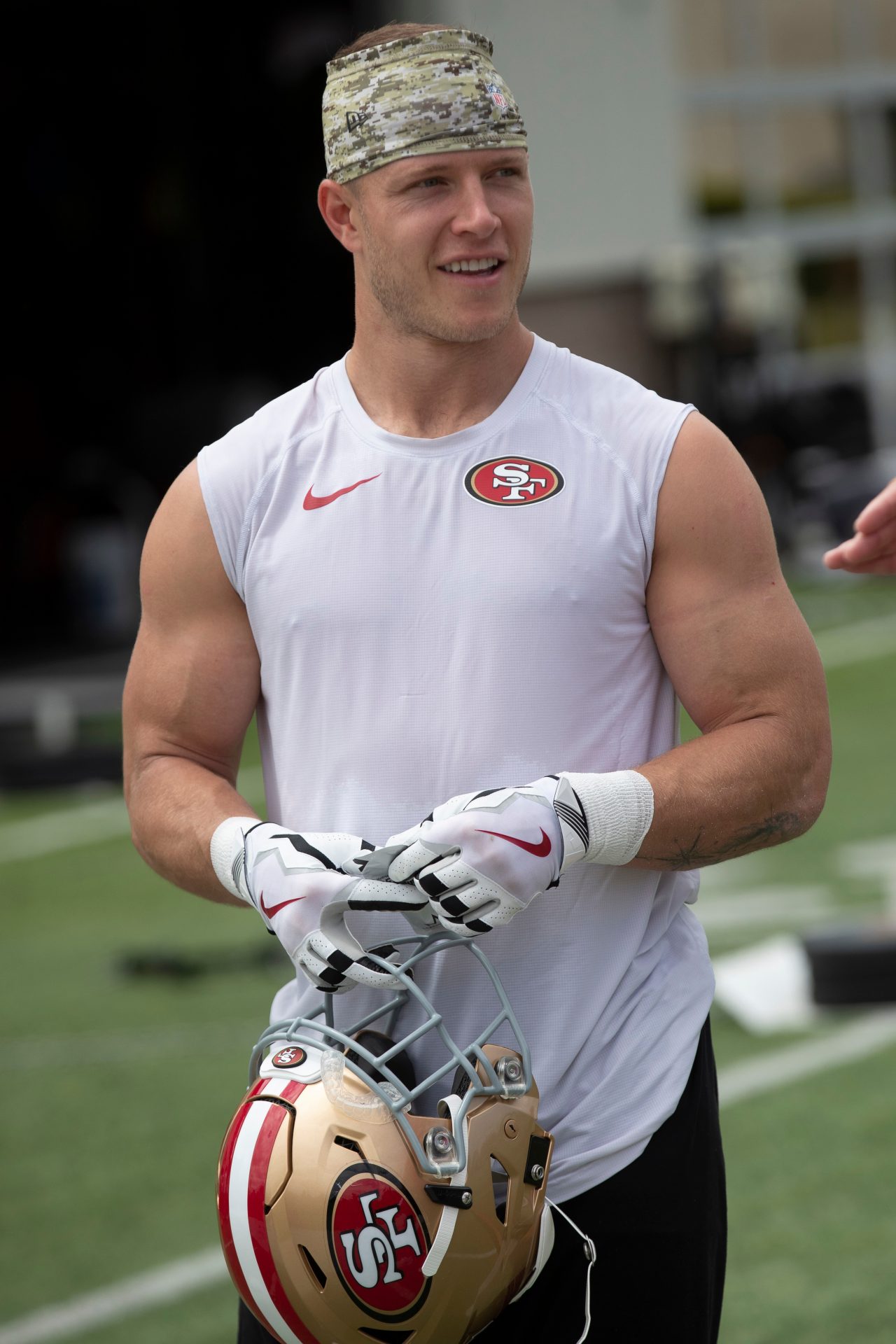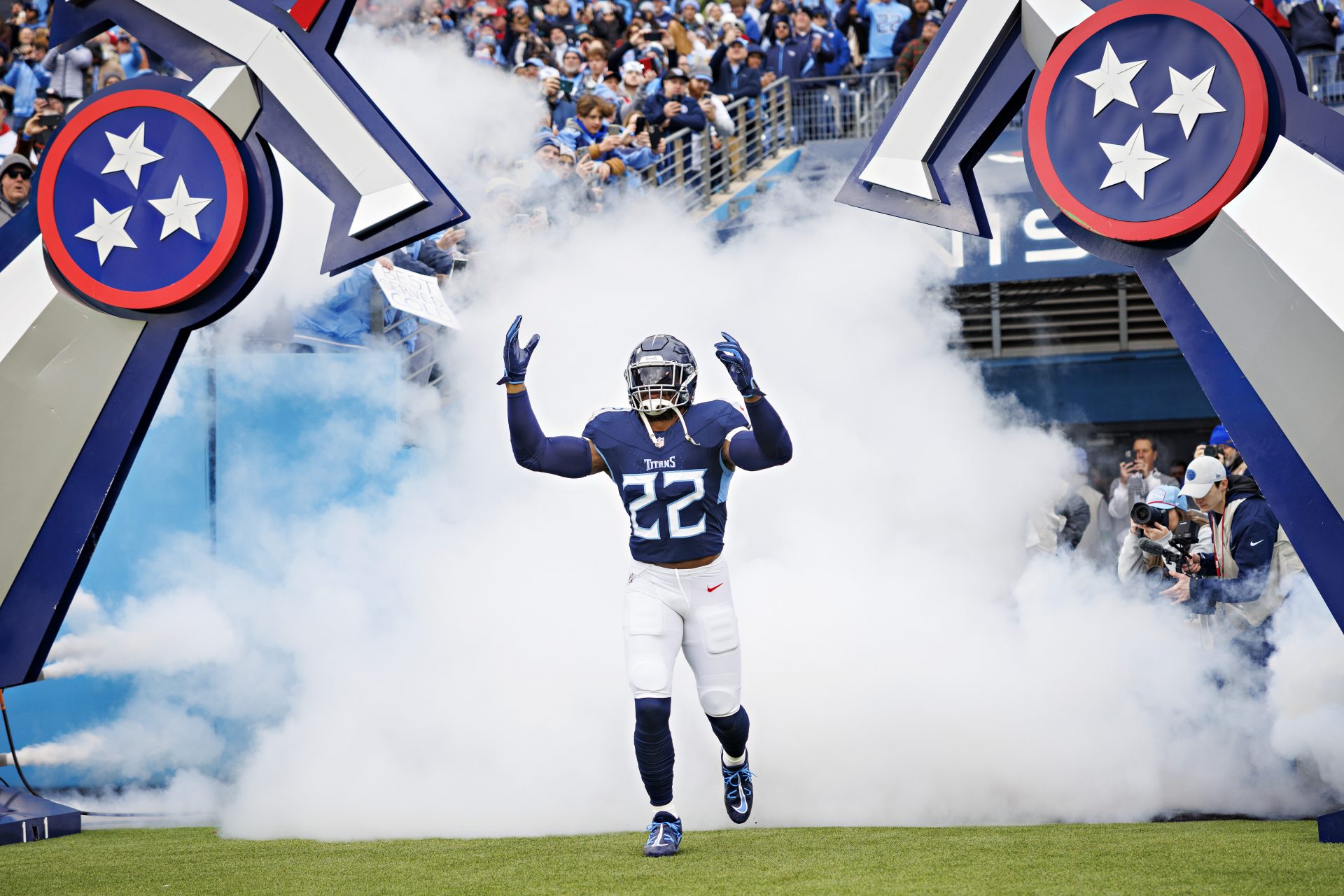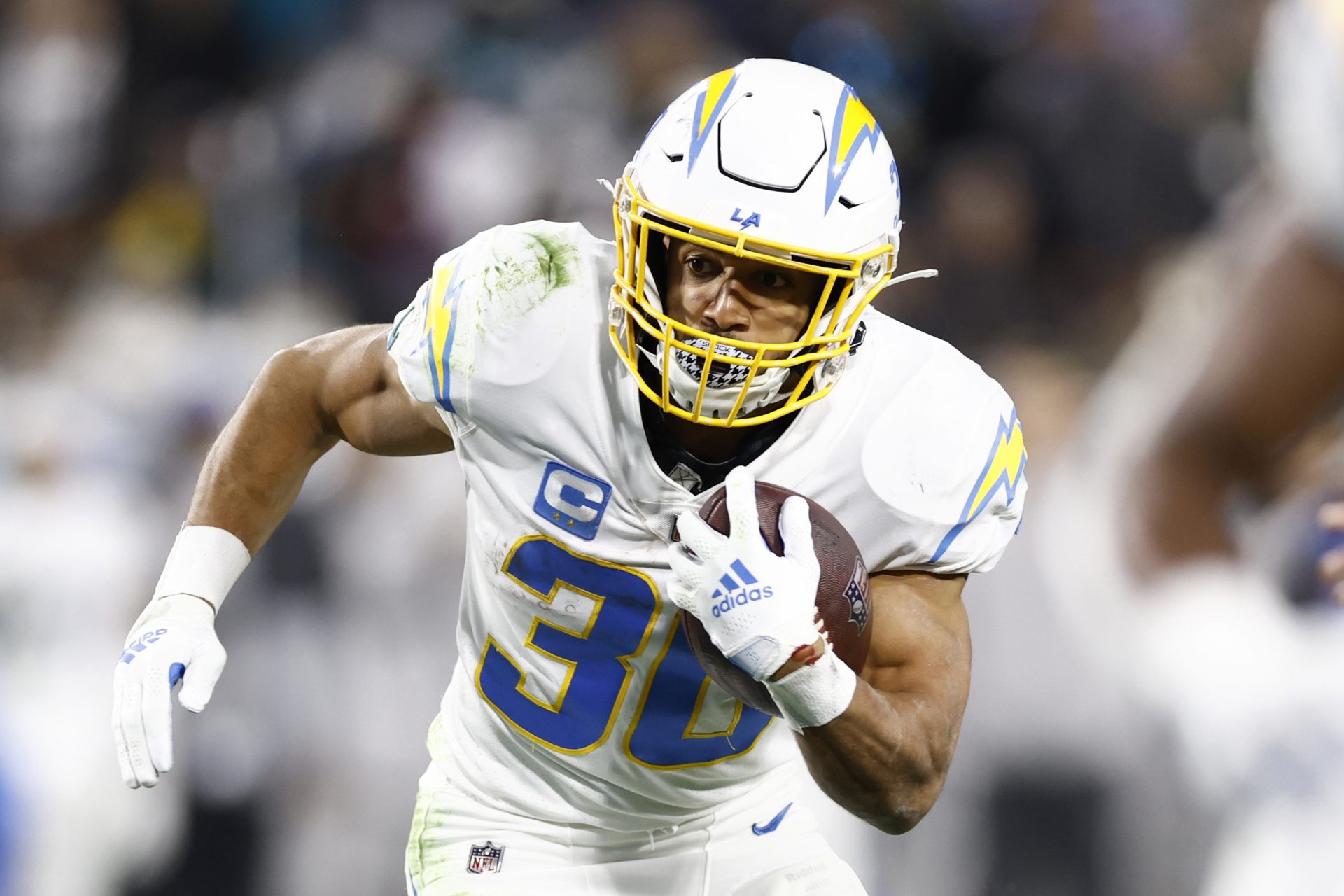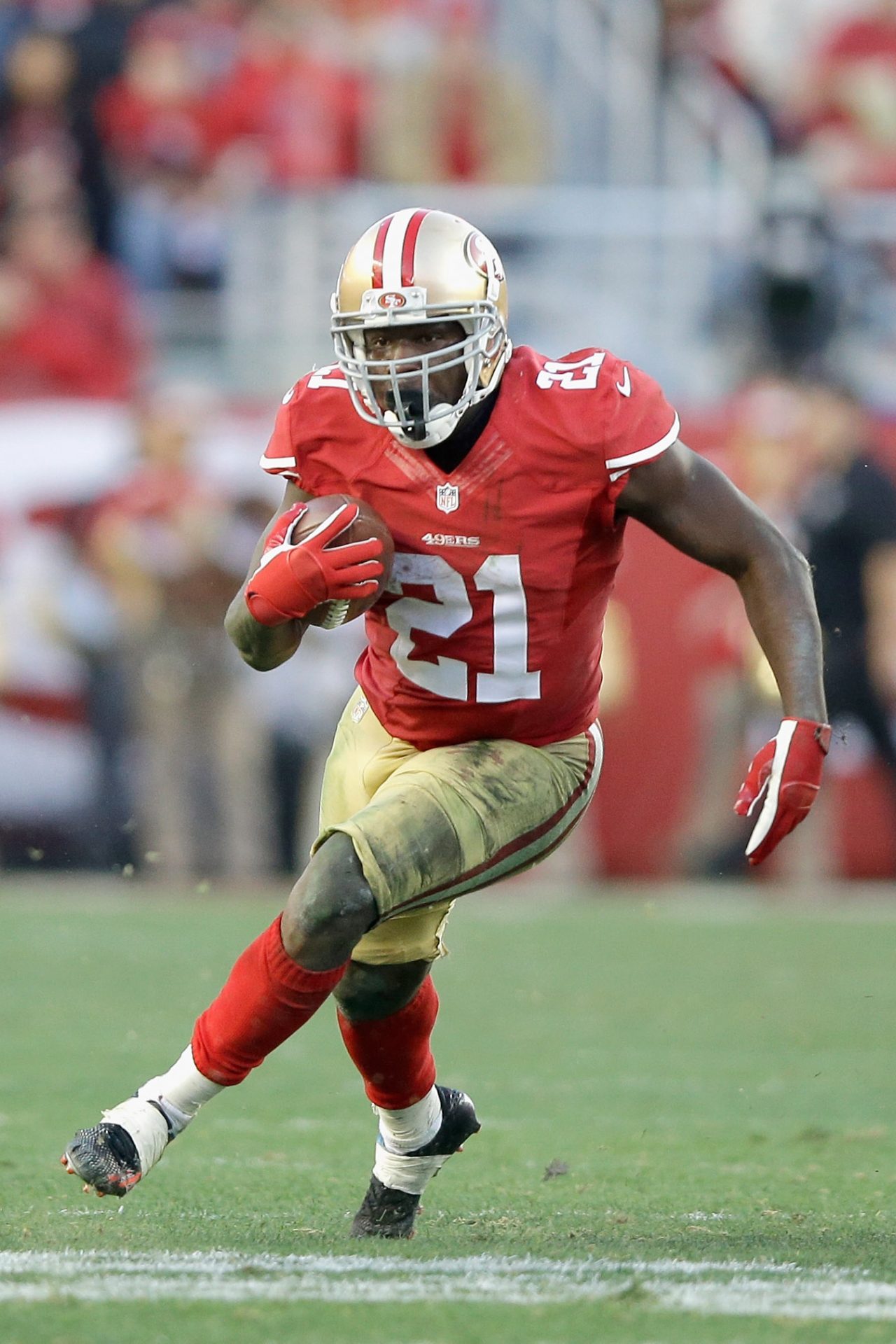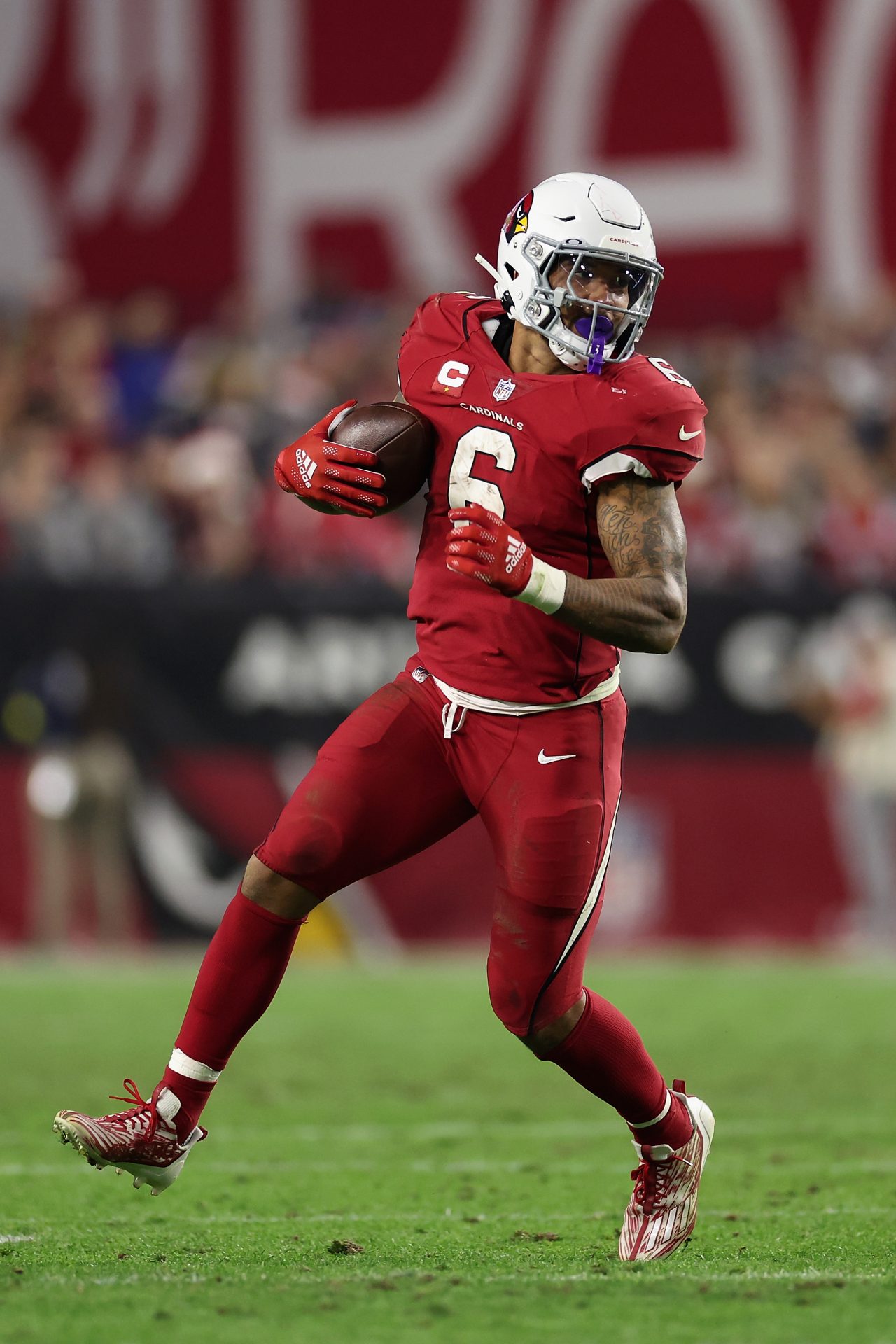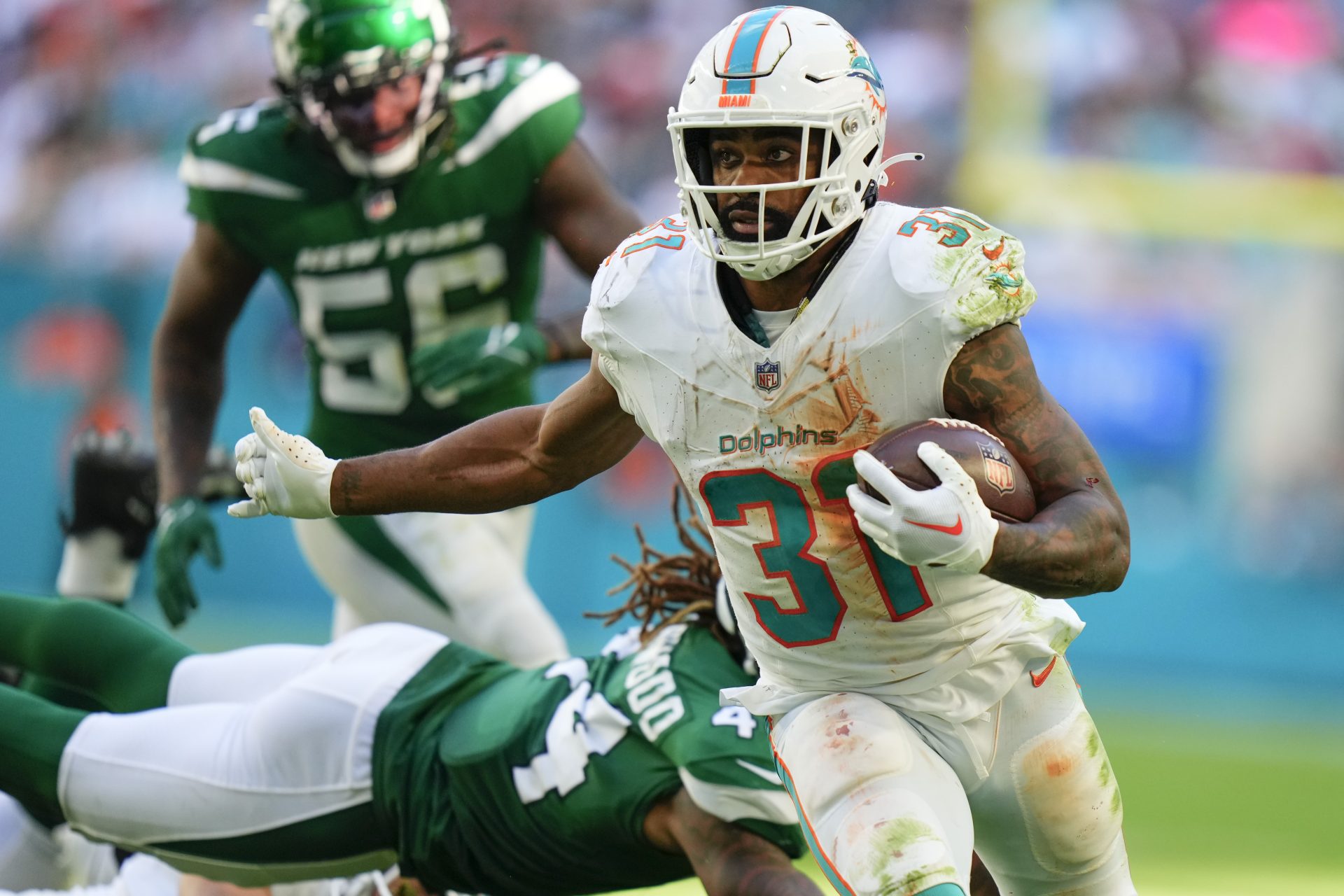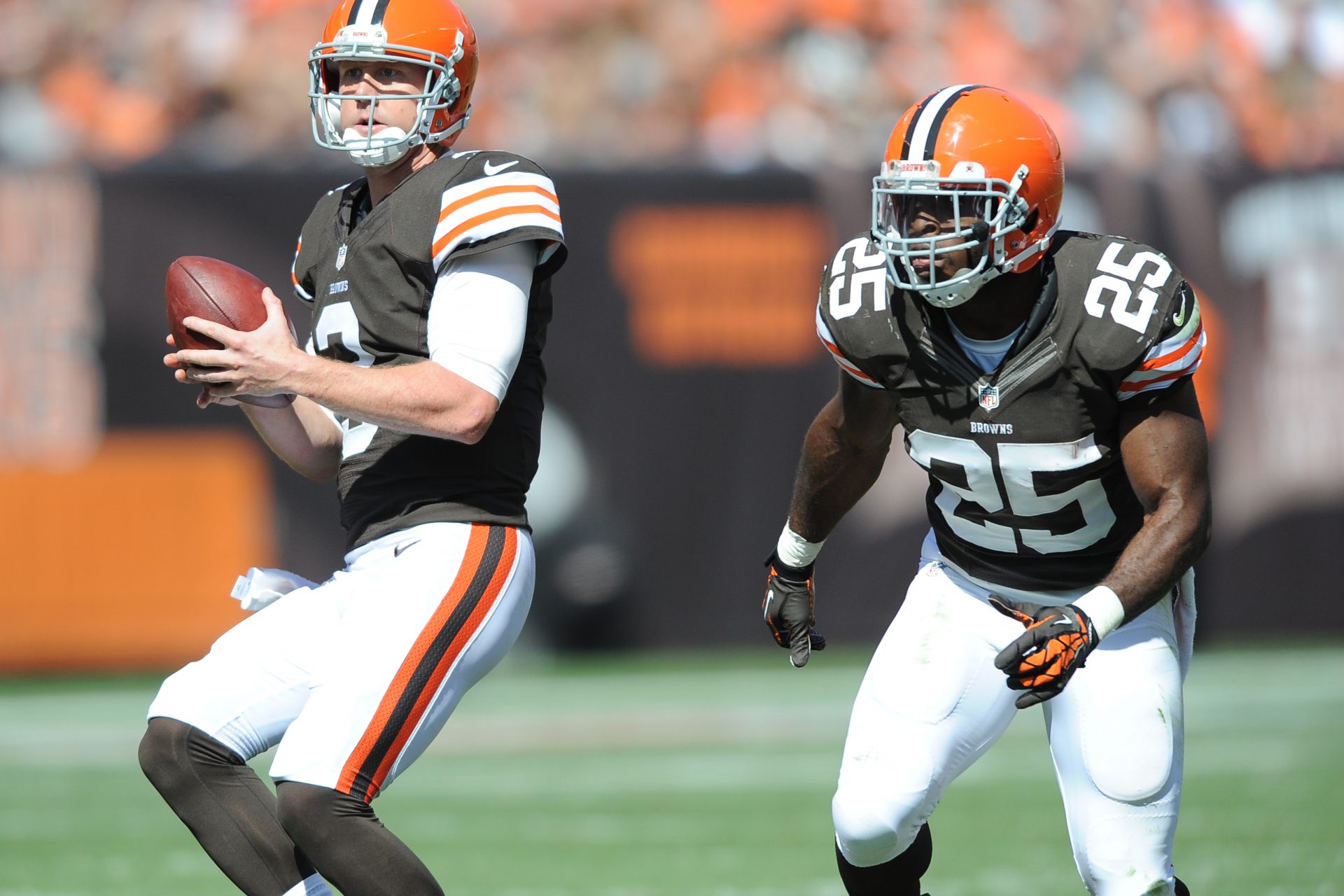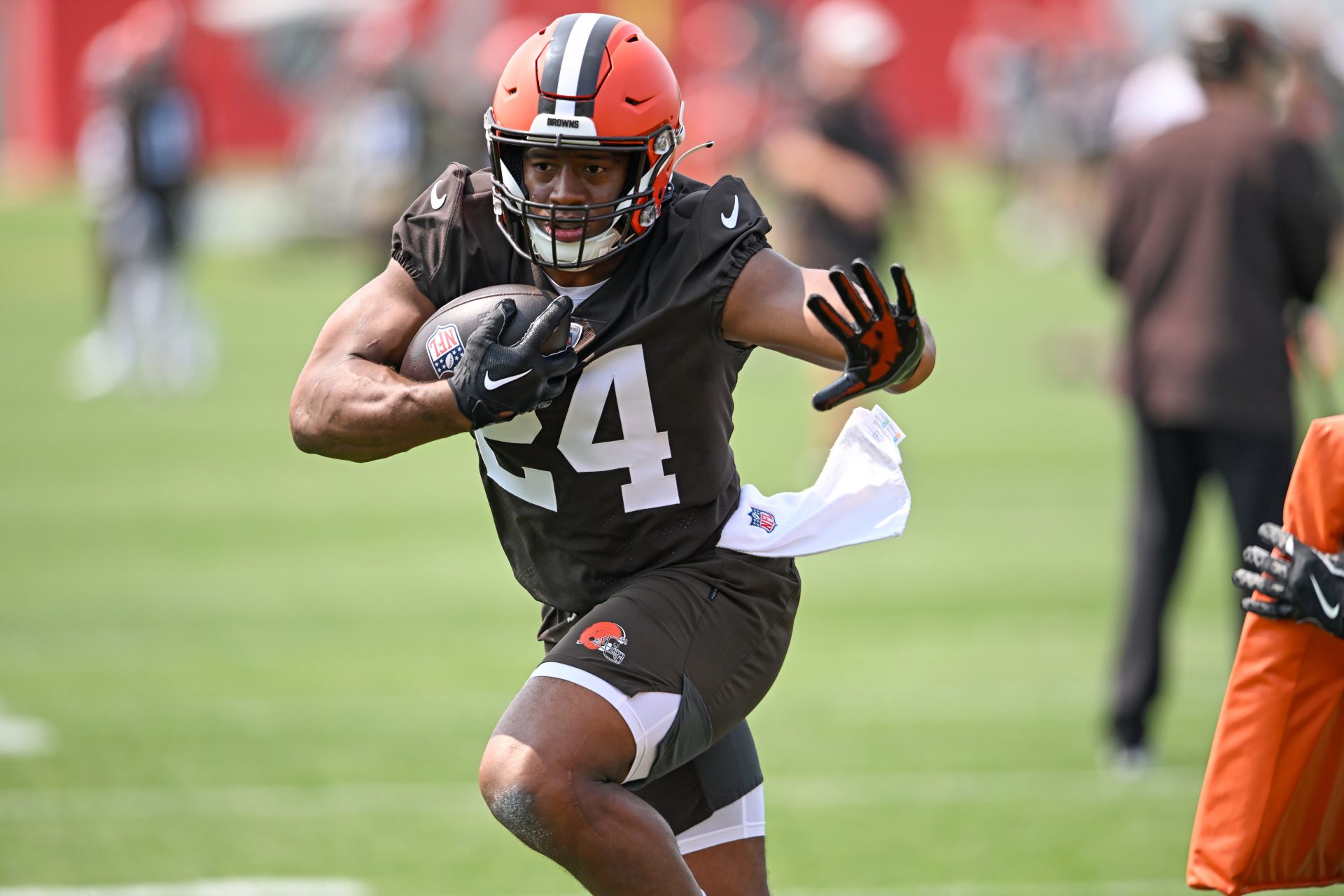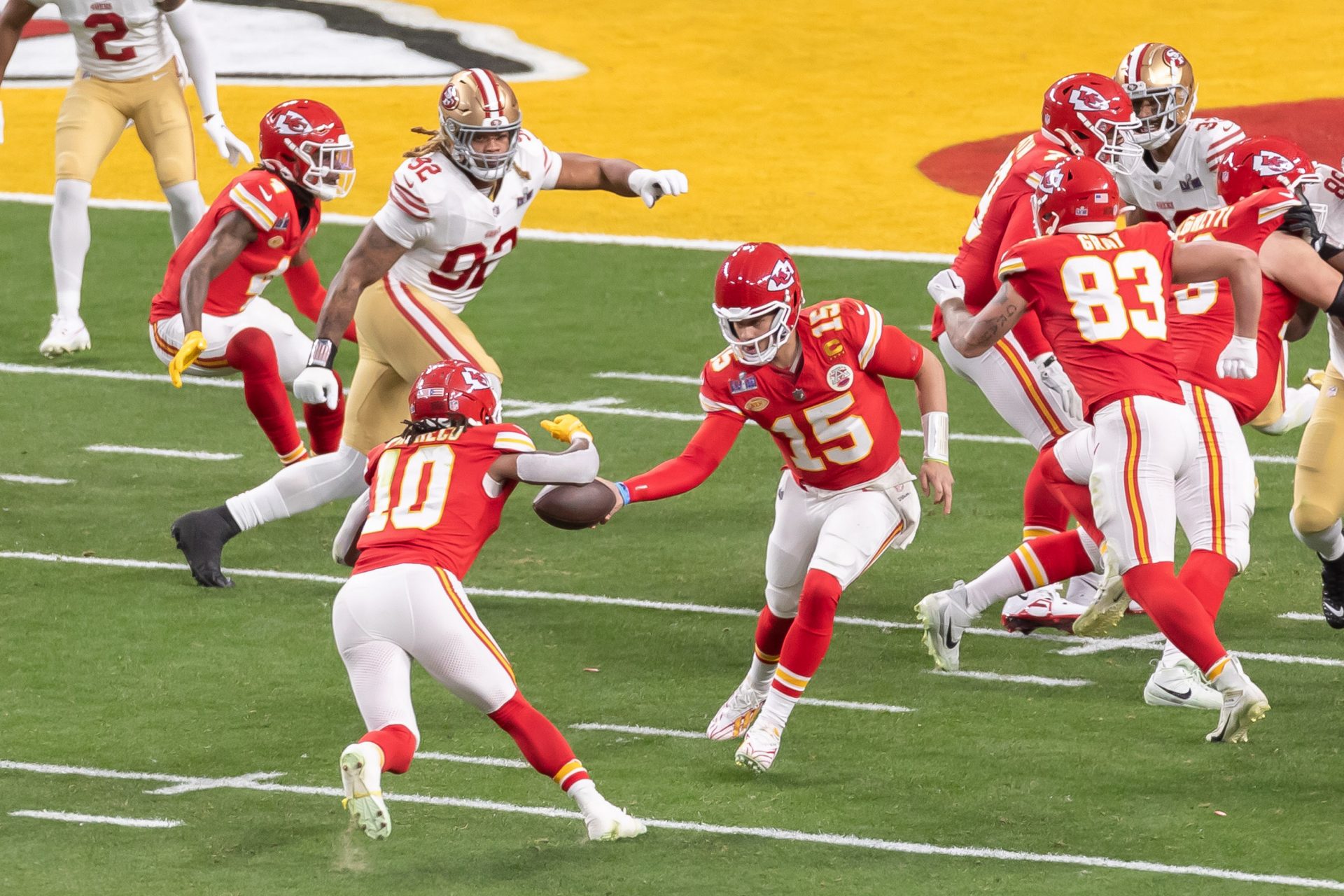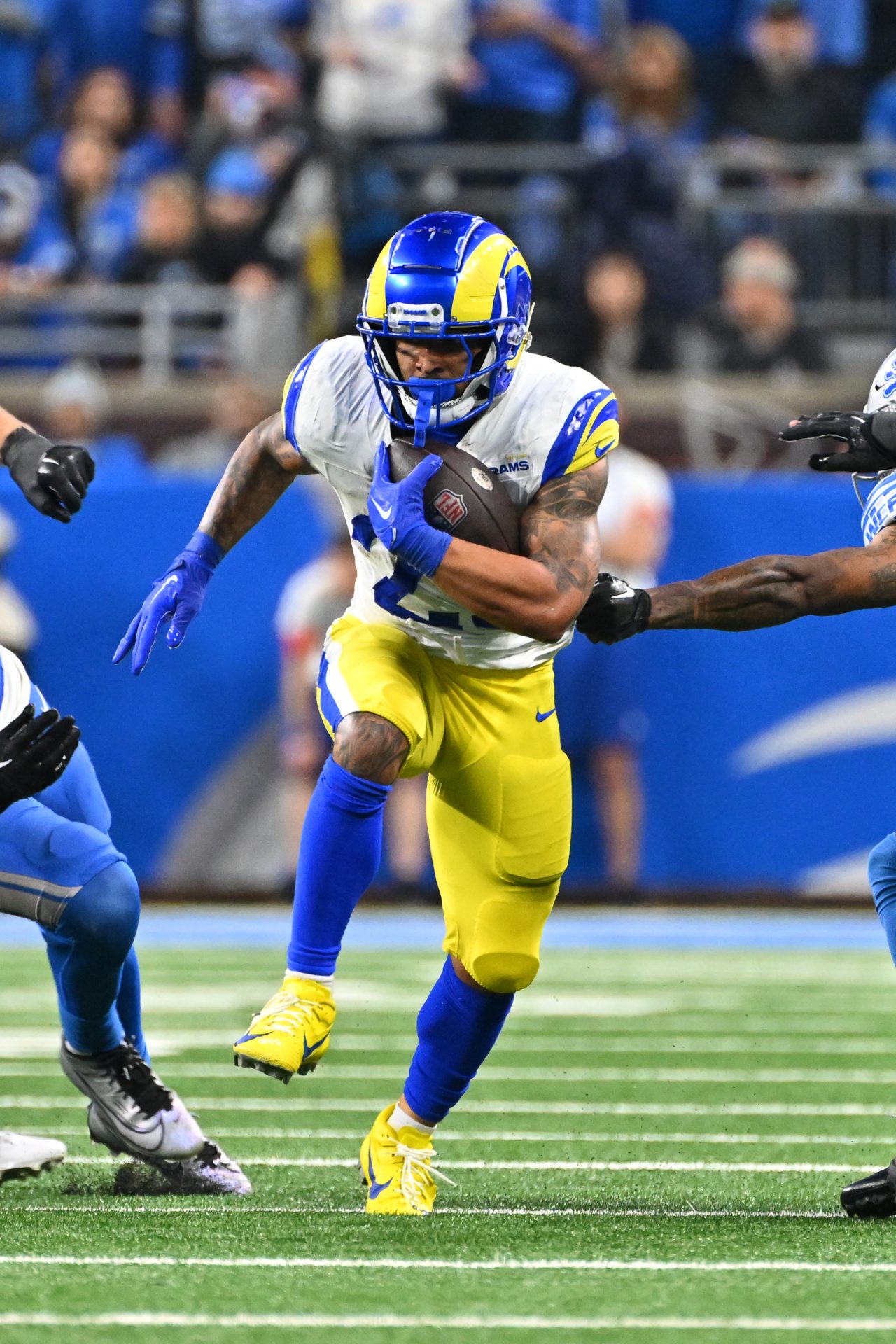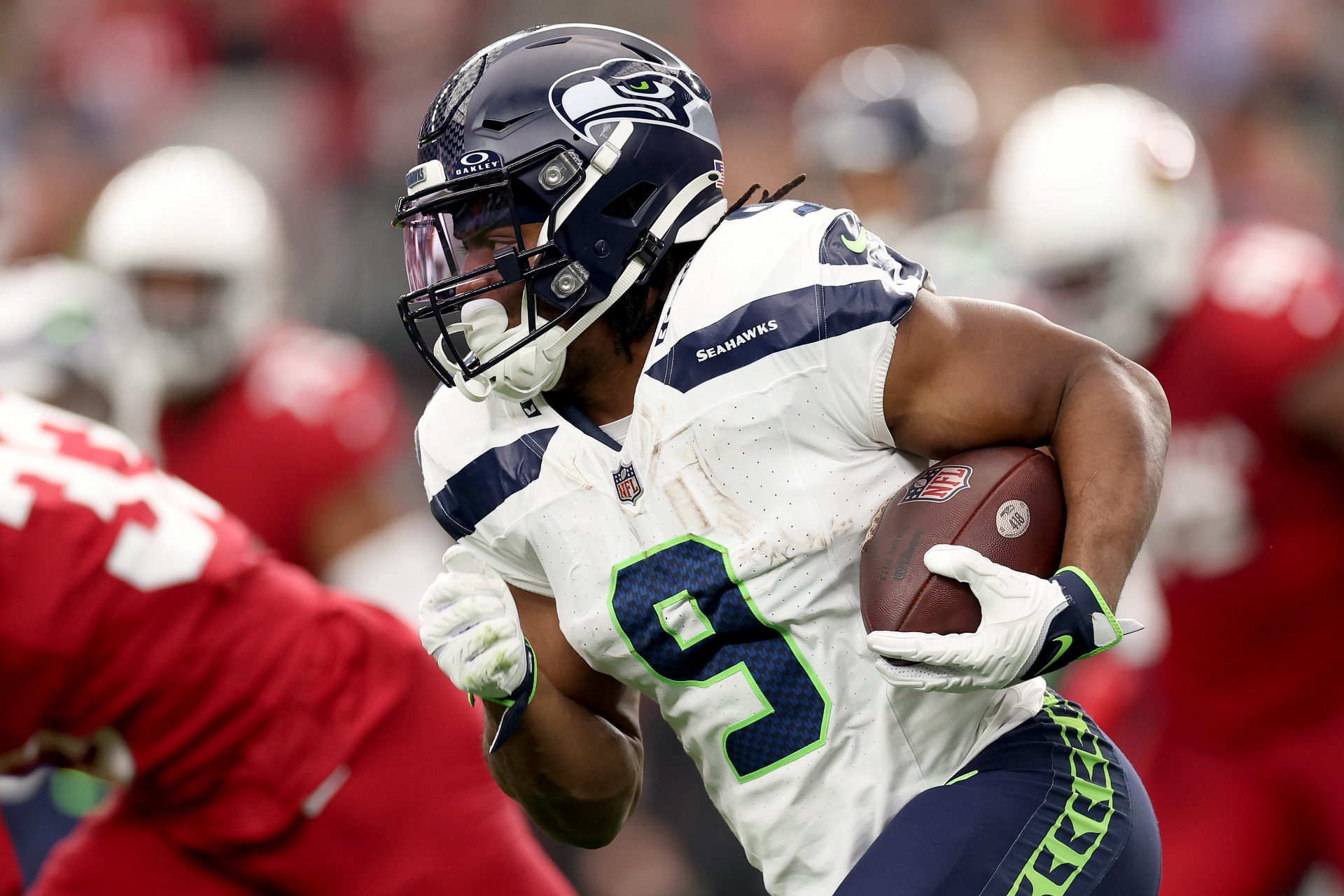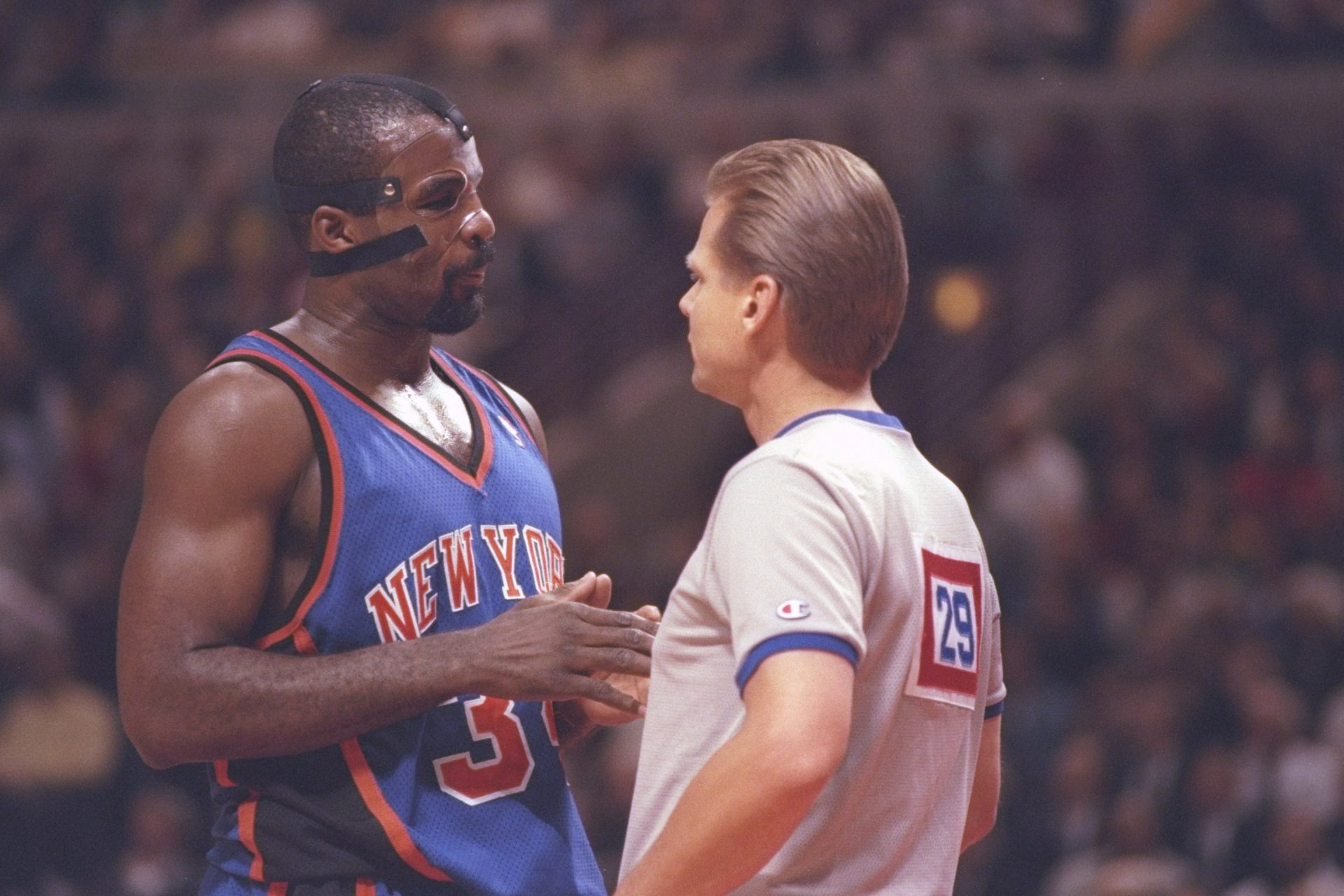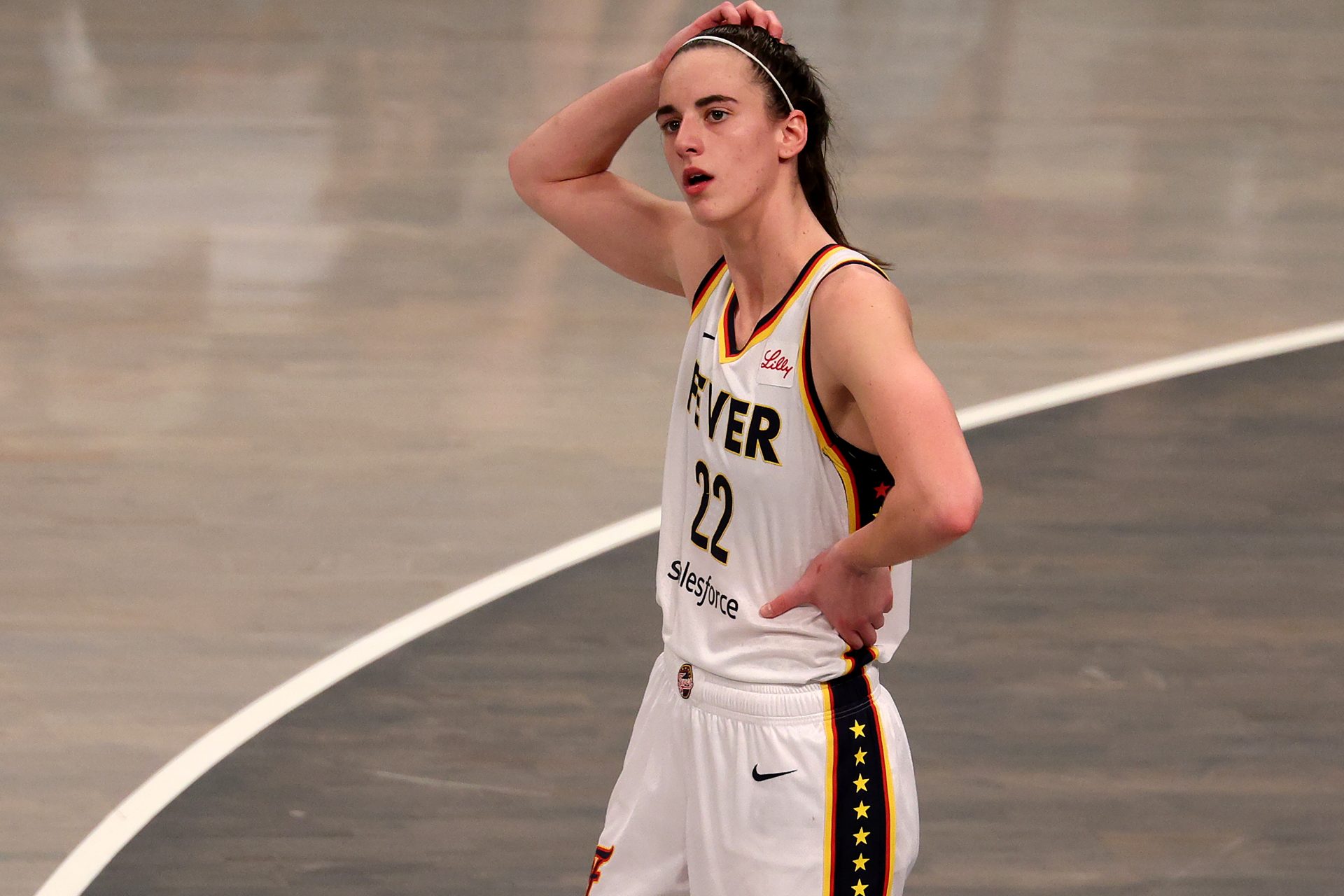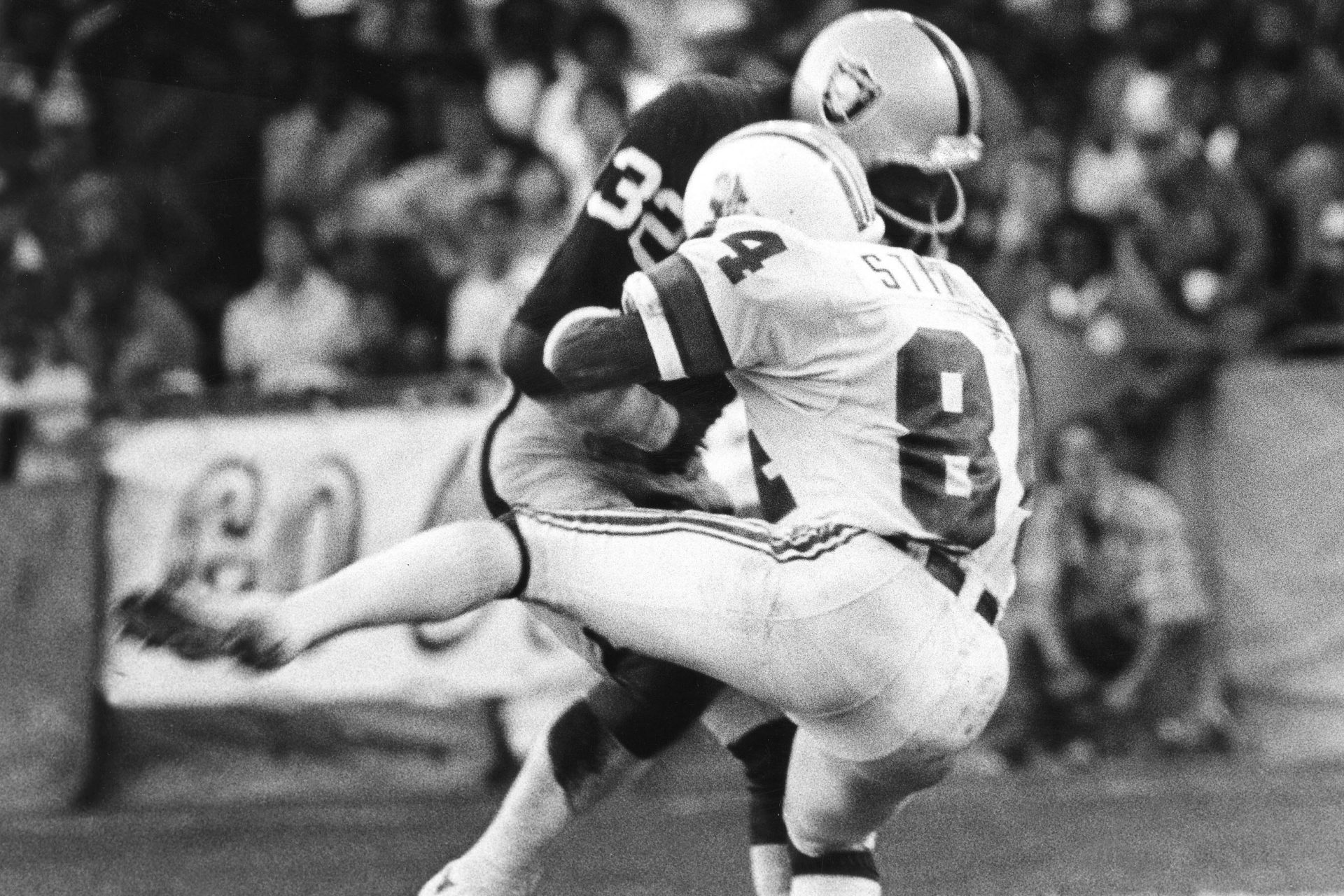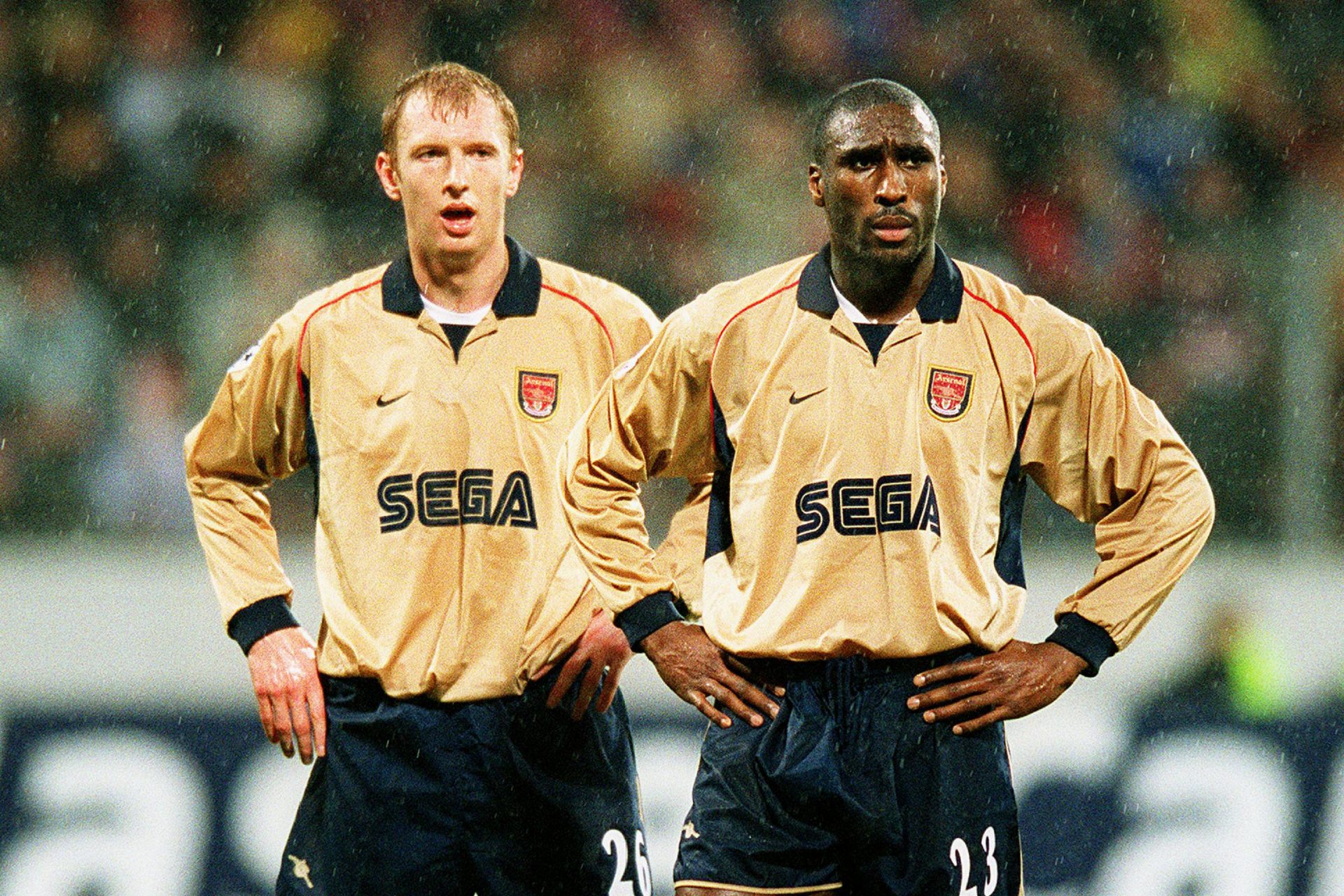Making the case: why NFL running backs should get paid
It’s been a hot topic of conversation during the NFL offseason. Running backs across the league are dismayed that teams are not willing to offer them the same level of financial security as offensive weapons playing other positions. Here are a few reasons why teams should pay the best backs in the NFL. Statistics are sourced from Football Reference.
The common narrative about running backs is that they’re a dime a dozen, and essentially grow on trees. The Denver Post and Bleacher Report have examined this perception over the years.
While that can be a convenient hill to stand on, the fact of the matter is that certain players do provide elite level rushing talent over their counterparts. The best of the best prove their worth in this department, and can be relied upon for a certain baseline level of production.
Want to see more like this? Follow us here for daily sports news, profiles and analysis!
Running backs have nervously looked at the calendar with the acknowledgment that each passing year gives a general manager another reason to withhold a lucrative paycheck from them. Sports Illustrated posited that paying "older" running backs simply isn't worth it.
However, some backs have played well into their thirties. Frank Gore and Adrian Peterson are two examples of this in recent history.
While a running back should be a valuable player with the ball in his hands, some backs show that they can also be elite pass catchers. Pro Football focus wrote about the value of the pass-catching running back in 2018.
As a result, even if their talent for running between the tackles wanes a bit, they can still be valuable in the receiving game. Short receptions can turn into long gains.
Chances are that the best running backs in the league are also serviceable in the pass protection department. The Ringer wrote about "the art of running back pass protection" in 2018.
This is important to offensive coordinators, who prefer running backs to pick up oncoming blitzers to keep their quarterback clean. Veteran backs have had multiple years of practice doing this, while younger backs need to adjust to this at the professional level.
Want to see more like this? Follow us here for daily sports news, profiles and analysis!
Running back might be the only position in the league where repeated production as a result of heavy volume is a bad thing. The Mile High Report looked into the threshold of carries that puts NFL running backs at risk of declined production.
Receivers who catch 115 passes a year are not said to be worn down. Neither are quarterbacks who attempt 600 or more passes in a season. It might be time to change the logic behind running back usage as a predictor of future success.
Even though the NFL has turned into a pass-heavy league, maintaining a level of offensive balance is still important to success.
Without a trusted running game, teams would unleash talented pass rushers on every play, leaving quarterbacks in harms way more often. Additionally, it is easier for offensive lineman to run block than it is to pass block, as 24-7 Sports has commented on.
We’ve seen time and time again in the NFL that money tends to be flexible when circumstances change.
For example, New York Jets quarterback Aaron Rodgers was set to make over $100 million in the 2023 season, but restructured his contract after he arrived to his new team. There are ways to move money around if running back production or circumstances change.
Some of the best athletes in the United States decide to play running back, which is easy to understand given the physical demands of the position. However, if the trend of not compensating backs continues, we will likely see elite athletes decide to play other positions or even other sports. This could have an unintended consequence that the NFL did not previously consider.
Want to see more like this? Follow us here for daily sports news, profiles and analysis!
More for you
Top Stories



